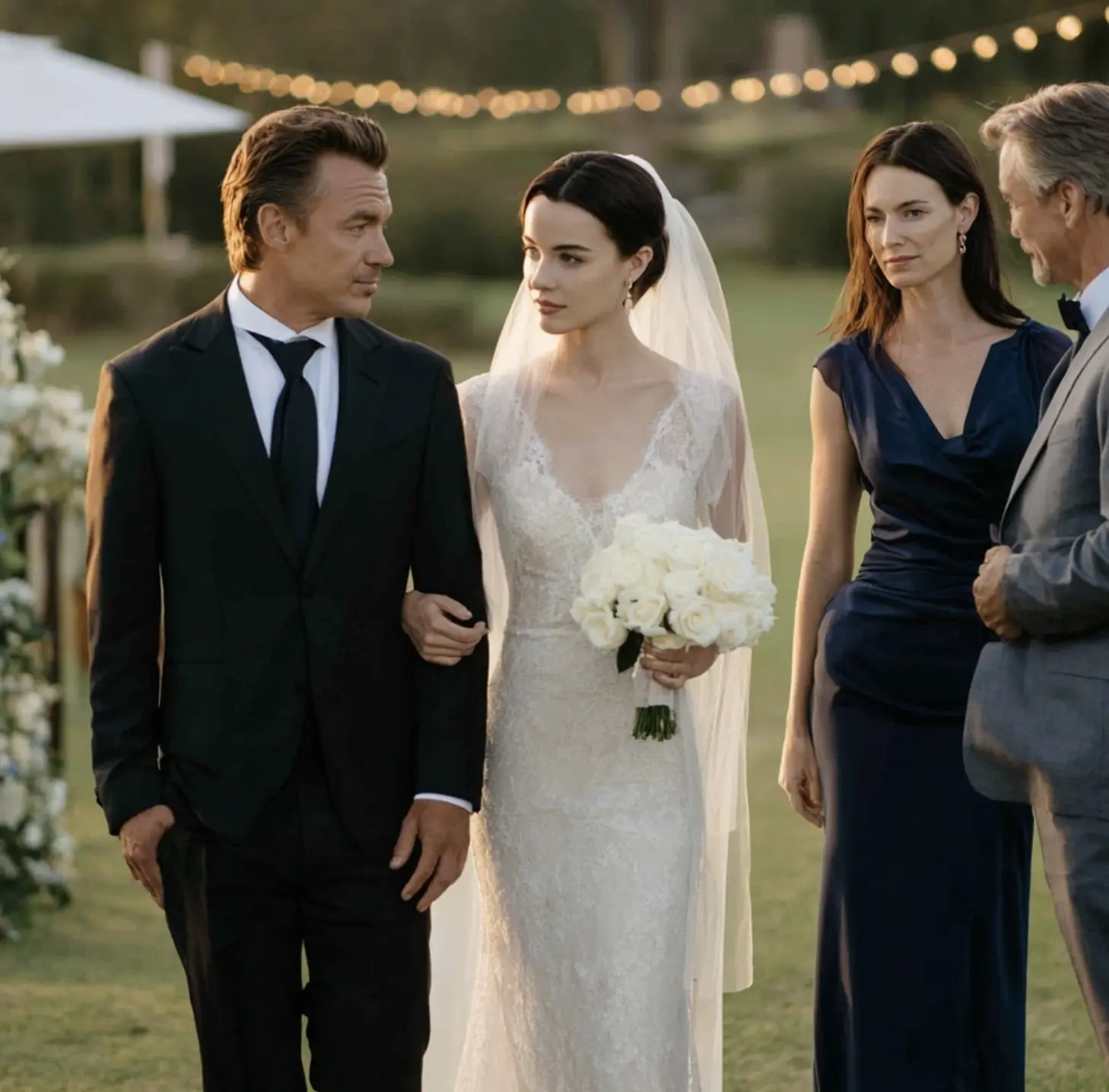
Even if my parents buy us an apartment as a wedding gift, what about yours? Are they planning to give us anything besides that old, cracked tea set?
The Asset and the Heirloom: A Devaluation
“Chris, will you talk to your parents? I asked you to.”
Oleg’s voice, usually a soft and enveloping sound, now grated on Kristina’s nerves like an old engine idling—monotonous, buzzing, and provoking a dull, insistent irritation. She was seated in an armchair with a book, but for the last ten minutes, the letters had been dancing before her eyes, refusing to form coherent words as she reread the same paragraph. She deliberately turned the page with an exaggerated, slow rustle, a clear, passive-aggressive signal of her unwillingness to engage in the familiar conversation looming between them.
“What exactly should I talk about, Oleg? About how my parents, who have painstakingly saved their entire lives for a calm old age, should suddenly cough up a couple of extra million for an apartment for us? We’ve been over this until it’s threadbare.”
“Not for us, for our future family,” he corrected smoothly, walking over to her chair and peering into her face with a practiced, wheedling smile. He could be incredibly charming when he wanted something, and it was this calculated manipulation that infuriated her most of all. “Chris, try to see the logic—it’s the most sensible path. We’re getting married very soon. My folks… they’ll help however they can, of course. In fact, Mom called today and said they have a very special gift for us.”
Kristina slowly lifted her eyes from the page. She knew this prelude by heart. A “special gift” from his parents, Vera Pavlovna and Igor Matveevich, the successful owners of the regional “Kolosok” grocery chain, was inevitably special only in its uselessness and sheer symbolism.
“What is it?” she asked, her voice flat and completely devoid of interest, bracing herself internally for the incoming disappointment.
“An antique tea set!” Oleg blurted out, radiating false enthusiasm. “Mom says it’s from her grandmother. A service for twelve. Can you imagine the memory? It’s a genuine family heirloom!”
Kristina slowly closed the book, setting it on the glass coffee table. The muffled thud of the hard cover on the glass was short, sharp, and final. The familiar coziness of their rented apartment—the lingering smell of morning coffee, the warm glow of the floor lamp—evaporated instantly, replaced by a cold, ringing tension.
“Oleg, are you genuinely serious right now?”
“What’s wrong with it?” He entirely missed the shift in her mood, still wearing his rehearsed, disarming smile. “It’s very valuable, an antique, you could say. It represents history and our connection to the family legacy.”
Kristina stood up. She wasn’t tall, but standing opposite him with her arms tightly crossed, she suddenly appeared much taller and more formidable. She looked him straight in the eye, and the characteristic warmth she usually held was entirely gone.
“Even if my parents agree to buy us an apartment as a colossal wedding gift, what about yours? Are they planning to contribute anything beyond an old, cracked tea set? Or is it the same old song with them—they have a thriving business, but somehow, when it comes to us, there’s absolutely no money?”
The smile finally slid off his face. He frowned, instantly adopting his go-to, hurt-puppy expression—his standard reaction to even the mildest criticism of his family’s conduct.
“There you go again, always about money. I thought we were getting married because we loved each other, not because we were keeping a meticulous ledger of who contributed what. You’re becoming so mercenary, Chris. My parents are offering us a symbol, their blessing!”
“Me? Mercenary?” She took an aggressive step toward him, and he instinctively stepped back. “Fine. Let’s analyze this from another angle. You propose that my parents should provide us with the fundamental asset—real estate. And yours? Yours will furnish us with fading memories of their grandmother, packaged as broken porcelain? Oleg, that’s not a partnership. That’s your family attempting a hostile takeover—and doing it entirely at my parents’ substantial expense.”
He opened his mouth to object, ready to crank up the same old organ-grinder tune about unconditional love and higher, non-material matters, but she cut him off with a definitive look.
“Enough. This conversation is absolutely over. For today. We will return to it, Oleg. But we’ll continue it strictly by my rules.”
The Silence of Preparation
For the next two days, they existed in separate, parallel universes that merely happened to intersect across the eighty square meters of their rented apartment. The air between them thickened, becoming cold and viscous, like a chilling November fog. They maintained a precise silence. Oleg tried several times to initiate small talk—the weather forecast, a movie he had watched alone—but he met only short, monosyllabic answers and quickly retreated into silence. Kristina moved around the apartment with a quiet, detached grace. She made coffee only for herself without offering him any, ate dinner with her eyes permanently buried in her laptop screen, and went to bed turning her back to him long before he even entered the bedroom. This wasn't the silence of mere hurt or sadness. It was the heavy, strategic silence of preparation. She was gathering her strength, meticulously building a logical strategy, and honing her exact wording.
On the third evening, she called out to him. He was sitting in the living room, mindlessly flipping through channels, using the background noise to keep from going crazy in the oppressive quiet.
“Oleg, come here. We need to talk.”
Her voice, emanating from the kitchen, was unnervingly calm and utterly devoid of emotion. He flinched. The absence of anger or resentment in her tone was the most frightening signal of all. He immediately turned off the television and walked into the kitchen. Kristina was seated at the table, a cup of long-cooled tea in front of her. She wasn’t looking at him; her gaze was fixed on the dark, reflective windowpane.
“I’ve thoroughly considered your… and your parents’… proposal,” she began, pausing deliberately between words. “And I’ve concluded you were right about one essential thing. We genuinely should not approach this transaction emotionally.”
Oleg tensed. He felt like a nervous student called before a stern, unforgiving professor. He sat down silently on the chair directly opposite her.
“Let’s translate all of this into the language your family seems to favor above all others. The language of business and assets. We have a joint project called ‘Family.’ To launch it successfully, initial investment capital is required. My parents, as you have requested, contribute the main share capital—an apartment. That is a tangible asset with measurable, real market value. Your parents, as they see fit, contribute… the tea set. That is an asset with purely symbolic value, and arguably only to them.”
She spoke slowly, carefully stamping each word, as if meticulously reading out complex contract clauses. Oleg looked at her and felt a profound uneasiness settle in his stomach. This wasn't the Kristina he knew. This was a calculating stranger, a hard woman with icy, appraising eyes.
“In any reputable business context, such an uneven distribution of shares isn’t called a partnership, Oleg. It is unequivocally called a takeover. And a hostile one at that—executed entirely at the expense of a third party.”
“Kristina, what in God’s name are you talking about? What takeover? We love each other, we are getting married!” His voice sounded weak and pathetic, even to himself.
“Love is a wonderful emotion,” she finally turned her head toward him, her gaze absolutely empty and cold. “But it doesn't magically cancel out a negative balance sheet. So, here is my counteroffer. I will talk to my parents. They may agree. But on one, non-negotiable condition.”
She paused again, forcing him to feel the profound gravity of the moment.
“The apartment will be registered solely in my name. It will be my personal, entirely indivisible asset within our joint venture. My side’s contribution. And you, Oleg… you will live in it. With me. As… let’s just say, a not the most valuable asset.”
It was as if all the air had been violently sucked out of his lungs. Oleg stared at her, utterly speechless. He felt the hot flush of intense humiliation spread rapidly across his face and down his neck. “Not the most valuable asset.” It wasn’t just a brutal insult; it annulled him—as a person, as a man, as her supposed future husband.
“Do you even hear the words coming out of your mouth? An asset? You called me an asset?”
“I want you to repeat this statement verbatim to your parents. To Vera Pavlovna and Igor Matveevich. It is my official counteroffer. Let them assess it thoroughly in terms of their vaunted business expertise. And then, you can bring me their final answer.”
She stood up, took her empty cup, and silently walked to the sink. The conversation was definitively over. She wasn’t arguing or shouting. She had simply presented the bill. And now, she would wait to see if it would be paid.
The Final Broadcast
He returned very late, long after it had grown dark outside and the city had turned on its artificial constellations. Kristina heard the key scrape in the lock with an unfamiliar, aggressive force. Heavy steps in the hallway, the sound of keys violently tossed onto the shelf—none of it was his. It was the gait and manners of a controlled stranger who had temporarily taken up residence in Oleg’s body. He entered the kitchen, where she still sat with her laptop, and stopped abruptly in the doorway, arms crossed. His face was pale, but the hard muscles in his cheeks were working relentlessly.
“I told them everything,” he said in a dull, completely lifeless voice.
Kristina slowly raised her eyes to meet his. She didn’t ask a single question; she simply waited. She knew he hadn’t come merely to report. He had come to execute.
“They assessed it. They valued your rudeness at its true worth.”
He took a challenging step forward, and in his eyes—formerly always confused and ingratiating—there burned a cold, borrowed fire. It was the recognizable gaze of his mother, Vera Pavlovna—sharp, appraising, and utterly unforgiving of perceived weakness.
“So, your ‘counteroffer’ is rejected. Completely. Furthermore,” he took a dramatic pause, clearly savoring his new, terrible role as the messenger of doom, “they said that if your parents are so extravagantly well-off that they can afford to throw apartments around, then they can comfortably pay for the entire wedding themselves as well. And you are not getting a single kopeck—zero—from us.”
He finished defiantly, as if this were a great personal victory of his own making. As if he had successfully put an insolent upstart precisely in her place. Kristina looked at him, and for the first time in their entire relationship, she didn’t feel even a sliver of sympathy for him. She didn’t see Oleg. She saw a marionette desperately trying to prove his total loyalty to the master, tugging at the strings so hard they were about to snap under the pressure.
“Have you finished the broadcast?” she asked so calmly that he was momentarily taken aback and faltered.
“It’s not a broadcast!” he exploded. “It is my position! You destroyed everything, Kristina! Everything! We had love, we had future plans, we were going to get married! And you deliberately reduced it all to assets, to cold deals, to humiliating my parents! Do you even comprehend the damage you’ve done? You spat directly into their souls!”
He began to pace the kitchen from corner to corner like a caged animal, gesticulating wildly and flinging accusations.
“They wanted to give us a family heirloom! To truly bring you into the family, to show you that you’re one of us now! And you? You instantly priced it as ‘cracked cups’! All you ultimately care about is money! Square meters! You simply decided you had caught a goldfish in me, and when you realized you’d have to actually reckon with my family, with our traditions, you immediately showed your true face!”
Kristina watched this exhausting performance in complete silence. Not a single word of his rant was truly his own. “Spat in their souls,” “showed your true face,” “family traditions”—that was Vera Pavlovna’s precise lexicon, her favorite turns of phrase for the moral destruction of anyone she disliked or feared. Oleg had absorbed it all like a thirsty sponge and was now spewing it back at her without even trying to give it his own genuine intonation. He was a relay station. Not the most valuable one, but certainly very loud.
“Now I understand exactly what Mom meant,” he sighed dramatically, stopping opposite her. “She saw your predatory nature immediately. And I, the fool, didn’t believe it. I defended you, insisted you were different. But you turned out to be nothing but calculating and cynical. You didn’t need me. You needed a springboard, a free pass into a wealthier life. But you tragically miscalculated. Our family is most certainly not a revolving door.”
He fell silent, breathing heavily. He had said everything he had been carefully instructed to say, even managing to add a few of his own desperate inflections to look more convincing. A tense, brittle silence hung in the kitchen, broken only by the steady, relentless ticking of the wall clock. He waited for her reaction: tears, a screaming match, counter-insults—anything. But Kristina only gave the slightest, almost imperceptible nod, as if marking off the final item on a checklist.
“I hear you,” she said at last. “Thank you for the information.”
His confusion at her maddening calm lasted only a moment. He couldn't allow her to end it so easily, to keep the final word. He needed to extract a reaction, to crack that infuriating icy shell, to make her suffer the burning humiliation and betrayal he now felt.
“‘Thank you for the information’? Is that truly all you can manage to say? I just finished explaining to you that you have destroyed our entire future, and you simply thank me for the information?”
“And what else should I thank you for?” Kristina slowly closed her laptop. The motion was definitive, like a judge’s gavel coming down. “For coming here and so diligently, almost verbatim, repeating everything that’s been surgically implanted into your head over the past few hours? For still not managing to formulate a single independent thought? No, Oleg. You don’t offer thanks for that. You simply take note.”
He froze. Her words were a direct hit, disarming him completely. His self-righteous anger, which he had so carefully transported from his parents’ house, suddenly felt hollow, false, and utterly alien, and he felt intensely naked and ridiculous.
“I… I really do think that way,” he forced out, but his voice now sounded profoundly unsure.
“No, you don’t,” she cut him off, her voice utterly certain. “You never think for yourself. You’ve always only transmitted. First—your love for me, then—your constant requests, and now—your parents’ blistering anger. You are nothing but a megaphone, Oleg. A good-quality, loud one—but entirely empty inside.”
She stood and walked to the window, leaning her elbows on the cold sill. She looked out at the vast, impersonal lights of the night city but saw only the stark reflection of their fundamentally failed project.
“You know when I asked you that defining question a few days ago? ‘Even if my parents buy us an apartment as a wedding gift, what about yours? Are they planning to give us anything other than an old cracked tea set? Or is it the same as always—there’s a business, but no money?’ I wasn’t waiting for a financial answer. I was giving you a final chance. A chance to finally be a partner. A chance to say, ‘Kristina, that’s nonsense. My parents are wrong. We’ll solve this complex problem together, like two responsible adults.’”
She turned back to face him. There wasn’t a drop of hatred in her eyes, only a boundless, completely consuming fatigue.
“But you squandered that chance entirely. You ran straight to Mommy and Daddy to have them decide for you. To have them hand you the exact words you should say to me. And they did. And you dutifully brought them back to me. And now you stand here, filled with their borrowed righteousness, desperately trying to make me feel guilty.”
She took a decisive step toward him. He didn’t retreat, but his whole body tensed, as if bracing for a physical blow.
“Listen very carefully. This was never ultimately about the apartment. And not even about that idiotic tea set. It was always, exclusively, about you. About your absolute, crippling inability to be a man instead of a subservient son. To be my partner instead of your parents’ dutiful courier. It turns out you’re not just ‘not the most valuable asset.’ You are a liability. A permanent obligation. A black hole that greedily sucks in other people’s precious resources—my nerves, my parents’ money—while perpetually producing absolutely nothing of value in return.”
She stopped barely a meter away from him. Her voice grew very quiet, which only made its pronouncements infinitely weightier.
“Therefore, I hereby officially notify you: our joint project called ‘Family’ is being formally shut down. The reason: the complete unprofitability and fundamental lack of long-term prospects of one of the key participants.”
Oleg remained silent. He looked at her face and finally understood that this was the definitive end. Not a scandalous, hysterical, dramatic breakup, but something far worse: a routine and final termination—like a signature on a company liquidation document. He had comprehensively lost. Not simply because his parents refused to give money, but because he himself had been exposed as nothing of substance.
“You can begin packing your belongings immediately,” Kristina added in the same calm, even tone one might use to discuss the weather forecast. “No rush. I’ll spend the night at a friend’s house so I don’t get in your way. You will need to return my keys. You can simply leave them in the mailbox. Your parents, I sincerely imagine, are now waiting for you.”
She took her jacket from the hook, threw it on, and slipped her phone and car keys into her pocket. She didn’t look at him as she walked past. To her, he no longer existed in that space. He remained standing alone in the middle of the kitchen, in a stranger’s apartment filled with the faint scent of her expensive perfume, and suddenly realized with chilling clarity that he had just been fired from his own life. Coldly, professionally, and without a single kopeck of severance pay.
News in the same category

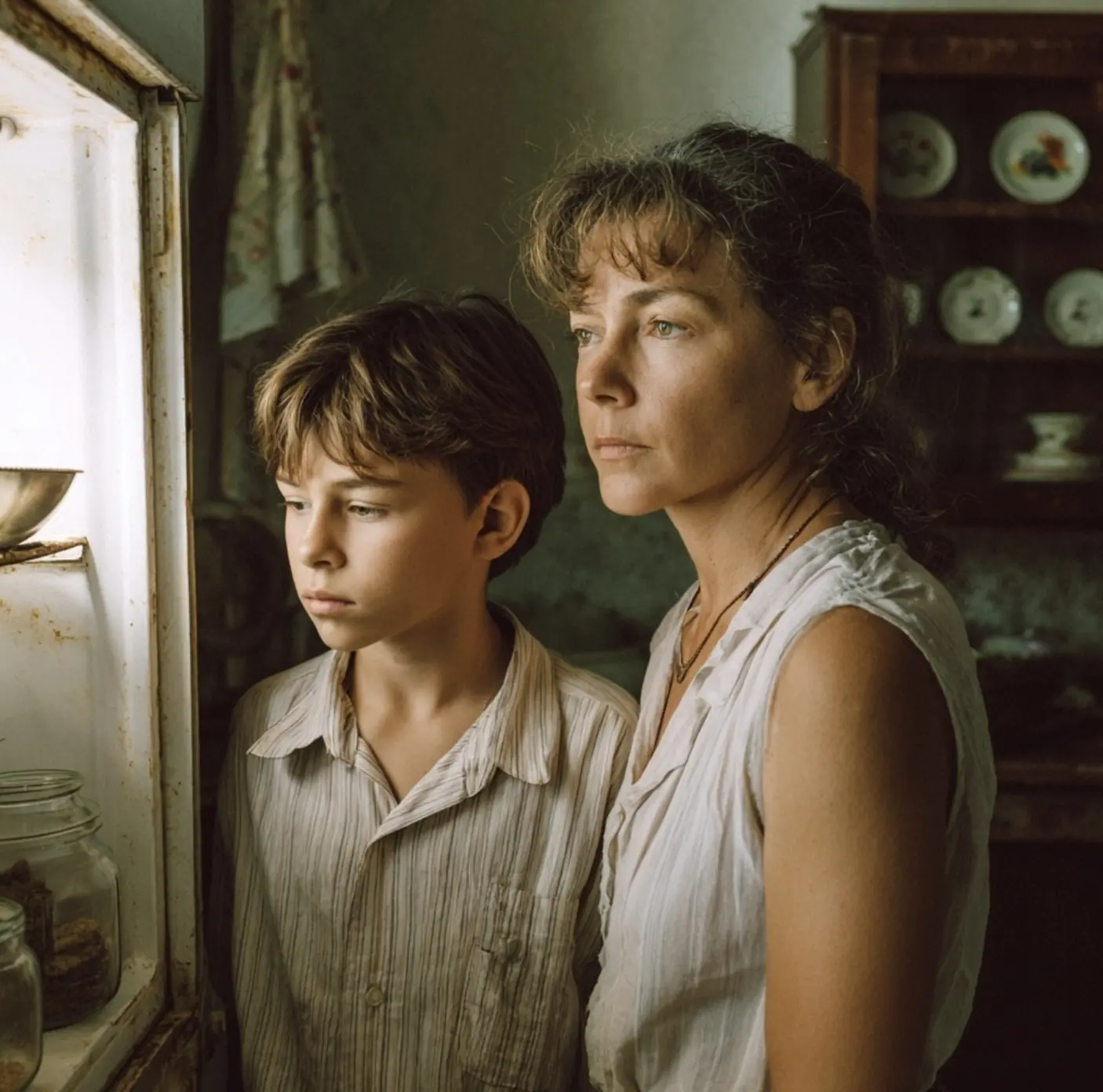
After throwing his wife out, the husband laughed that all she got was the old refrigerator. He had no idea it had a double wall.
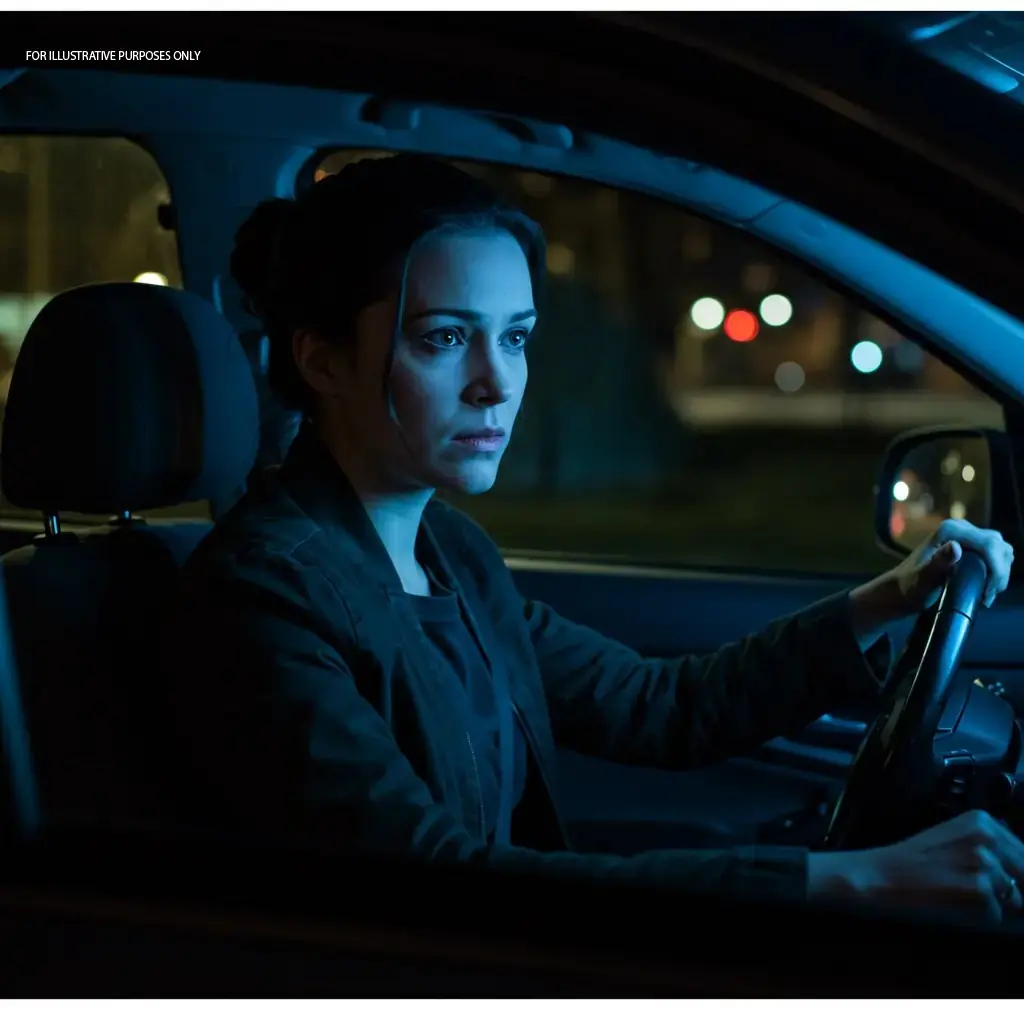
How I Exp0sed My Husband’s Li es: A Cheating Anniversary He'll Never Forget

“So you’re going to support your sister and live at my expense? And you’ll also demand reports on every single thing I spend? Haven’t you gotten a bit too brazen, my dear? You won’t see another kopeck of my money!”

She got pregnant early—at sixteen. It came to light by accident: during a routine school medical exam, the girl flatly refused to go in to the gynecologist, and the teacher informed her parents.
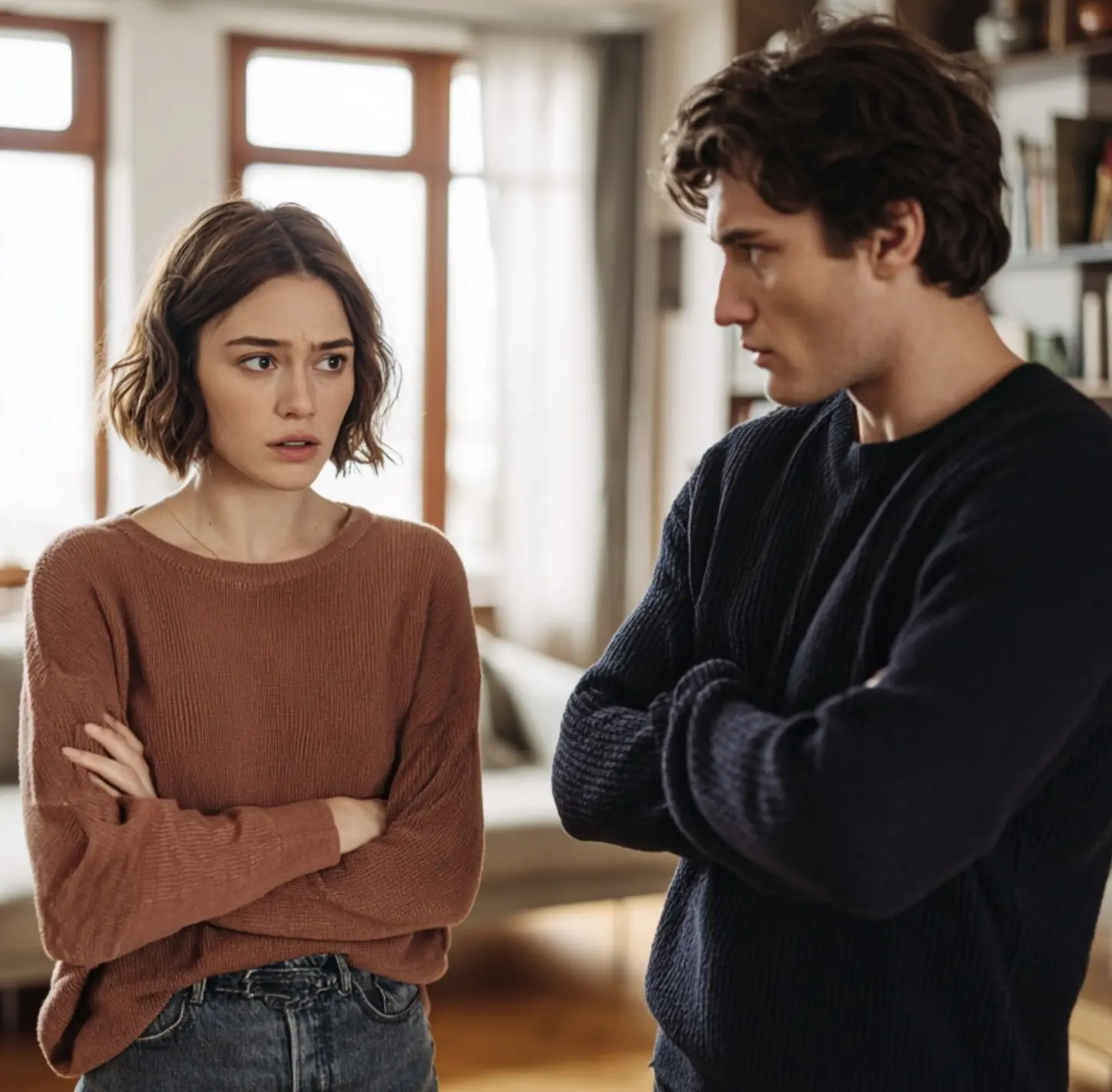
— You yelled at my son again for making noise? He’s MY child and this is MY apartment! Pack your things — your “discipline” ends here!
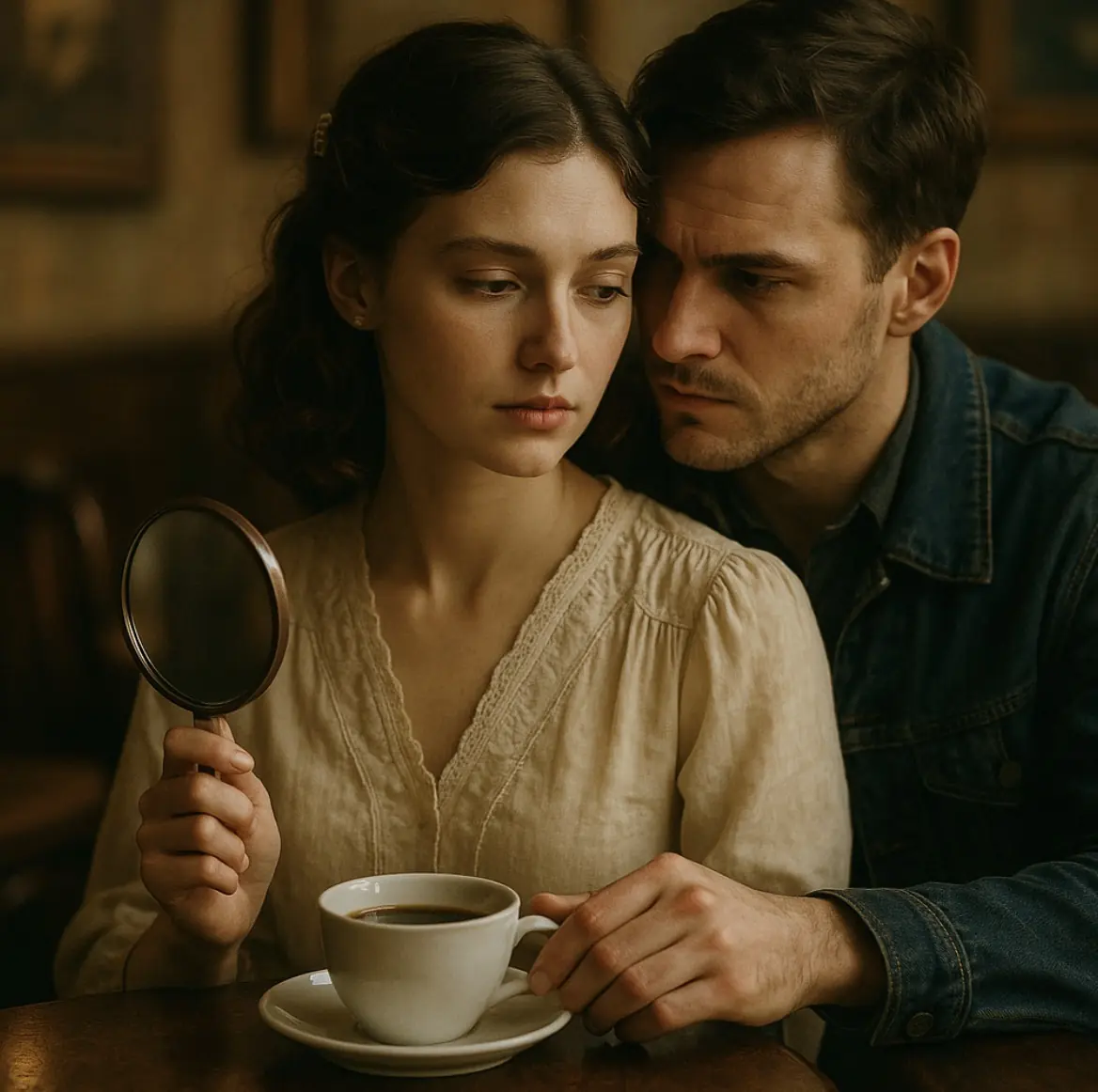
Nastya laid a plane ticket down in front of her husband. — “What’s this?” Boris asked in surprise.
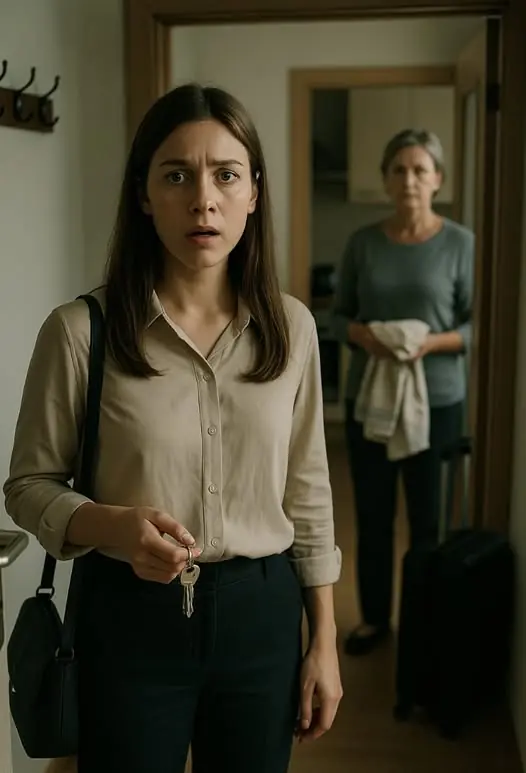
I gave my fiancé the keys to my apartment. I came home from work, and his mother and sister were unpacking their things.
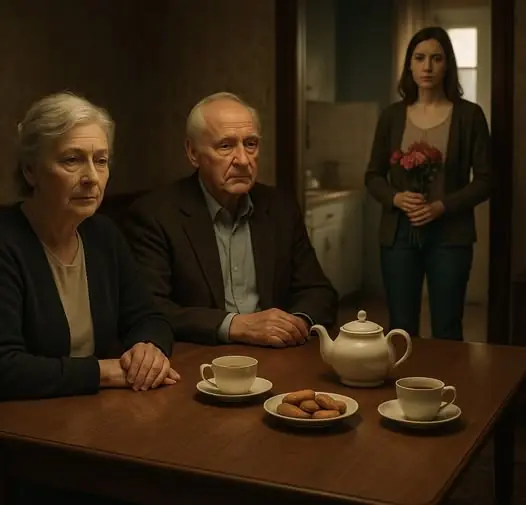
My husband went to visit his “sick” parents, so I decided to surprise him and come without warning…
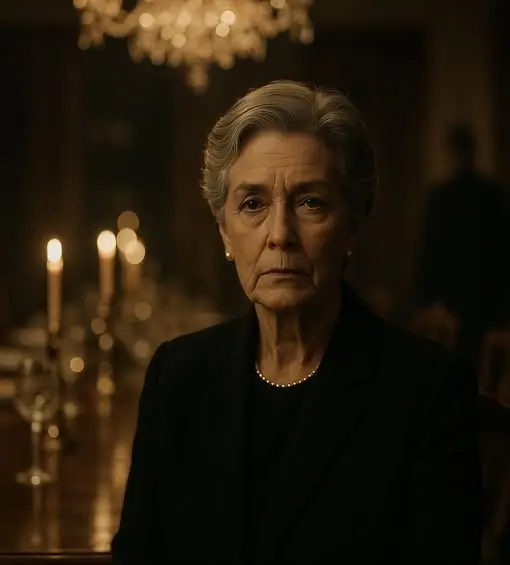
At a family dinner, I silently wrote one word on a napkin and handed it to my son. He turned pale and immediately led his wife away from the table.

— Where did such a huge bill come from? Honey, are you sure no one is stealing our electricity?” I asked in surprise.

My husband moved my mother in with us during my business trip, forgetting to tell me
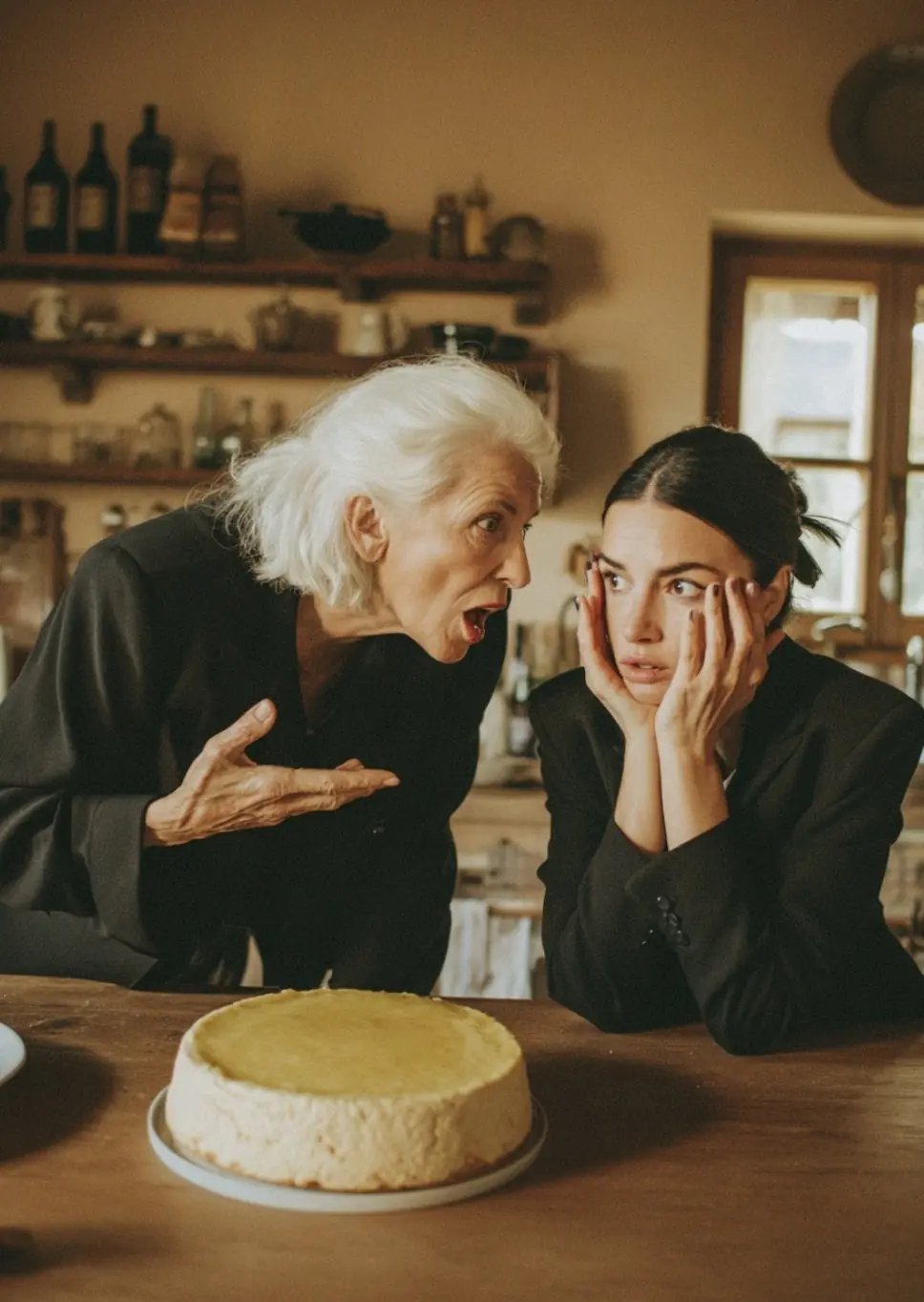
Swap apartments temporarily with my daughter! She just had a son!” — the mother-in-law “forgot” that temporarily means forever
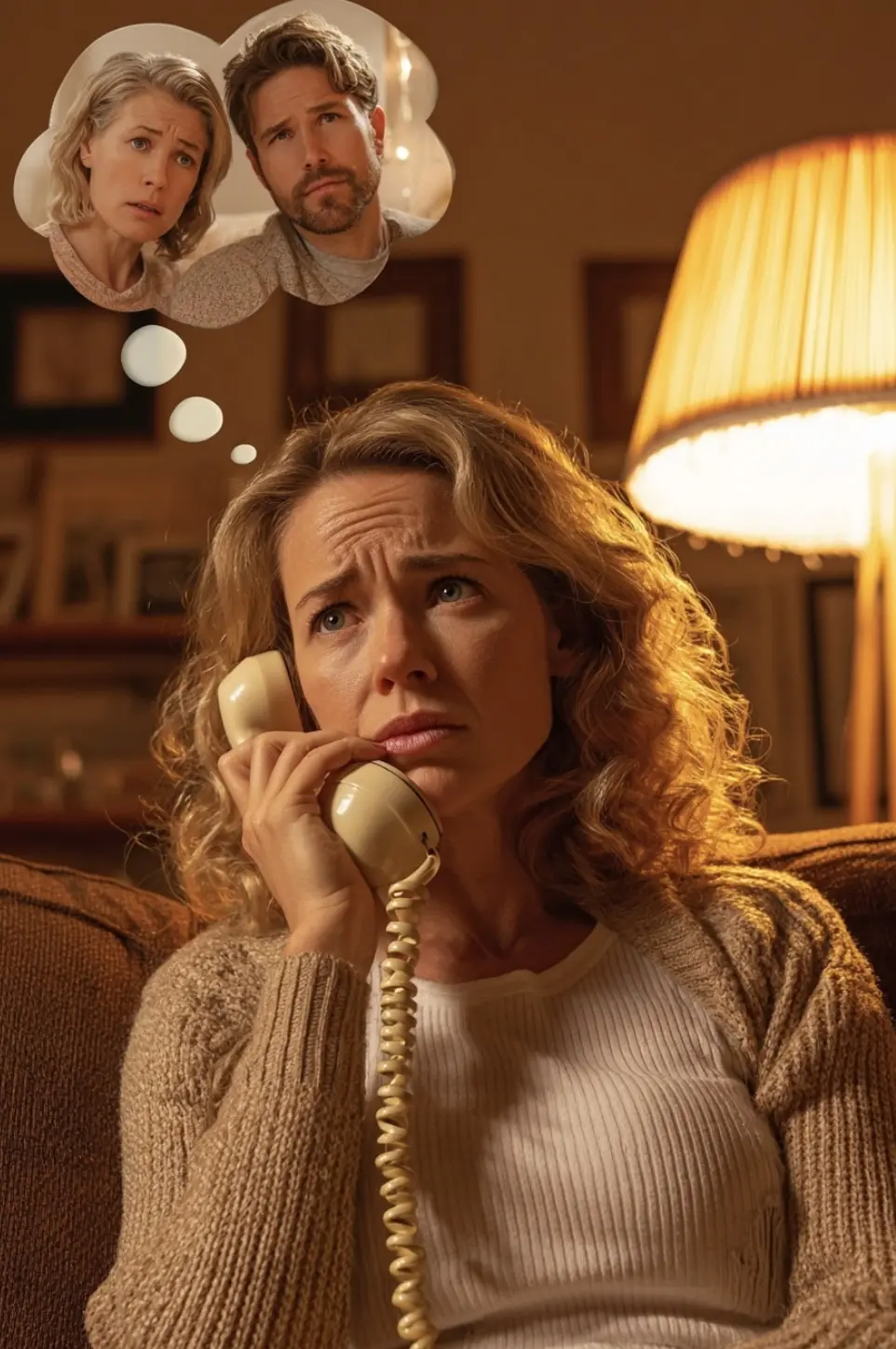
The husband forgot to end the call. The wife overheard his conversation with his mother and filed for divorce the very same day.
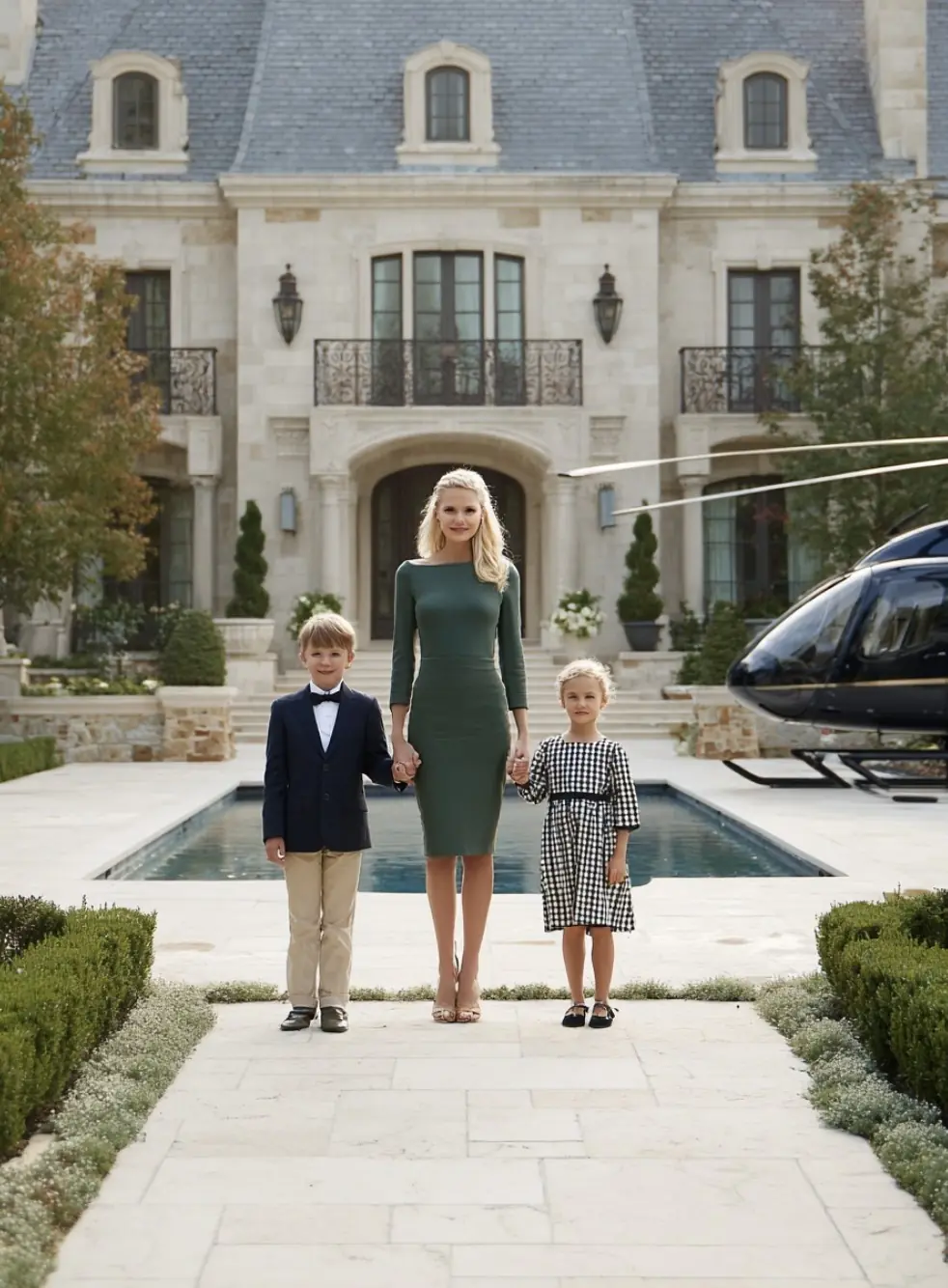
Husband Leaves Pregnant Wife for Mistress — Eight Years Later, She Returns in a Helicopter with Their Twins…
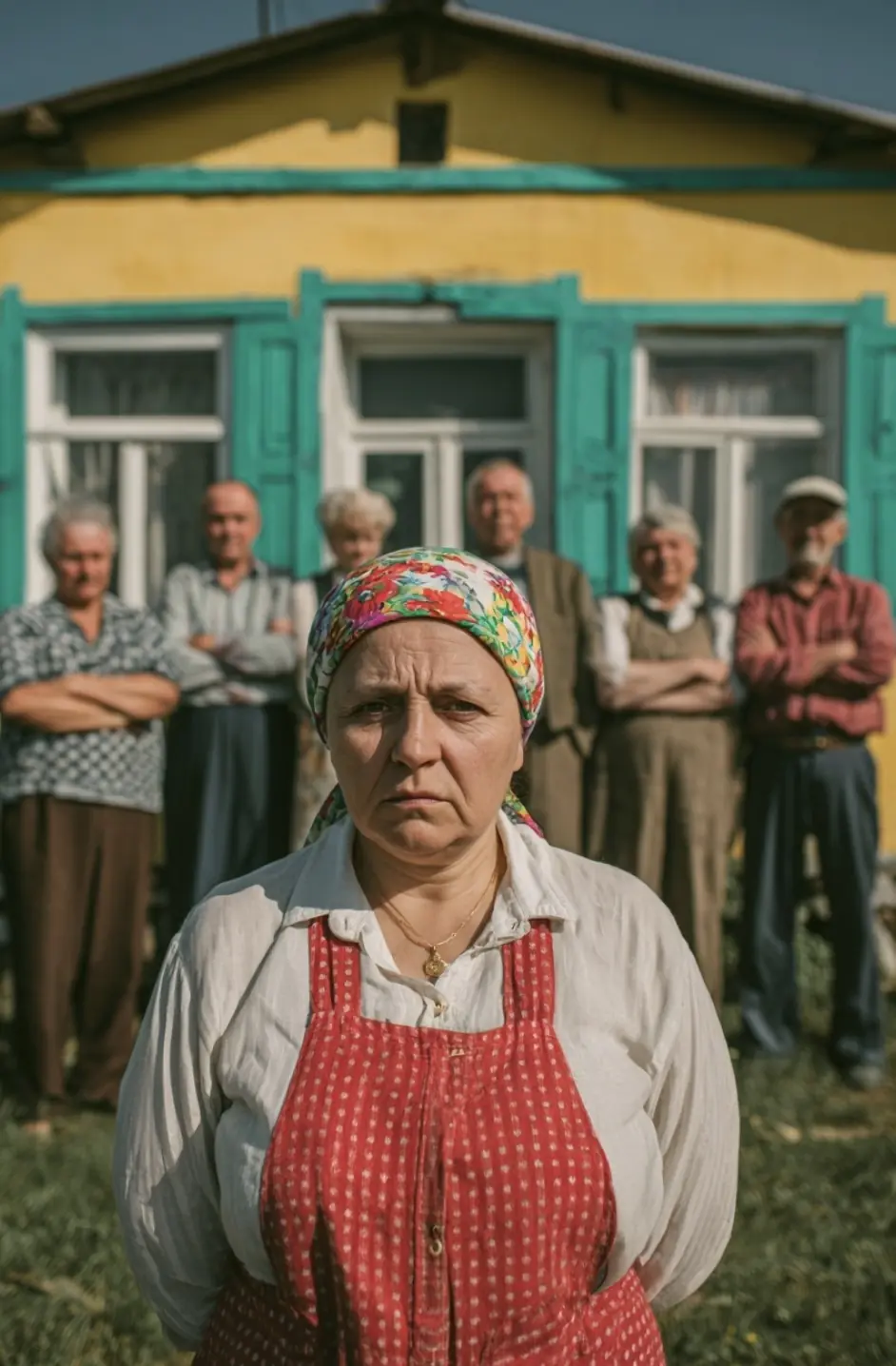
— They came empty-handed — so drink water, — the relatives finally drove the hostess crazy.
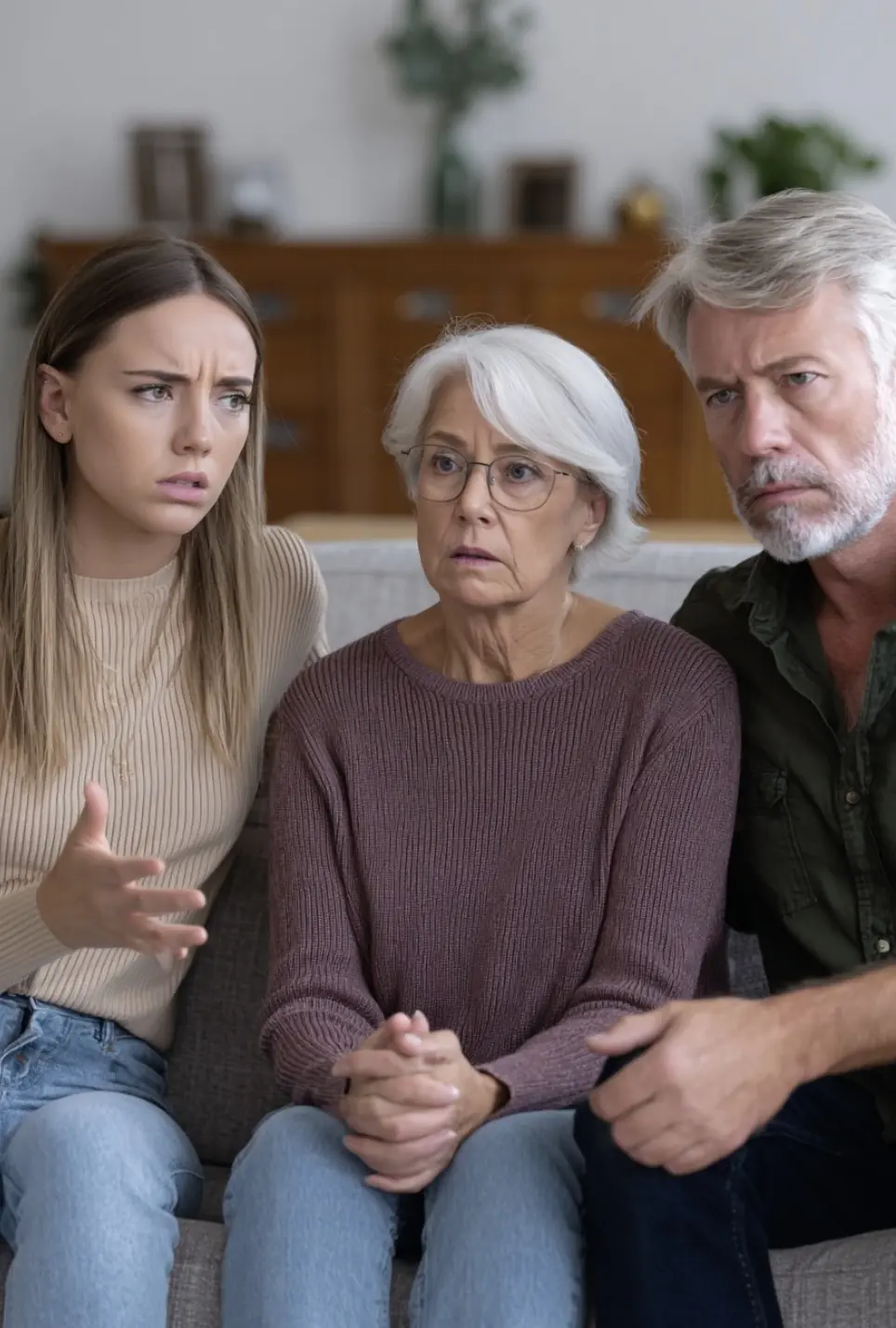
— Ten thousand rubles, Elena! Just ten thousand!” — Andrey’s voice rang out in indignation as he paced around the living room, waving his hands. — My parents needed that money, and what did you do? You refused them!
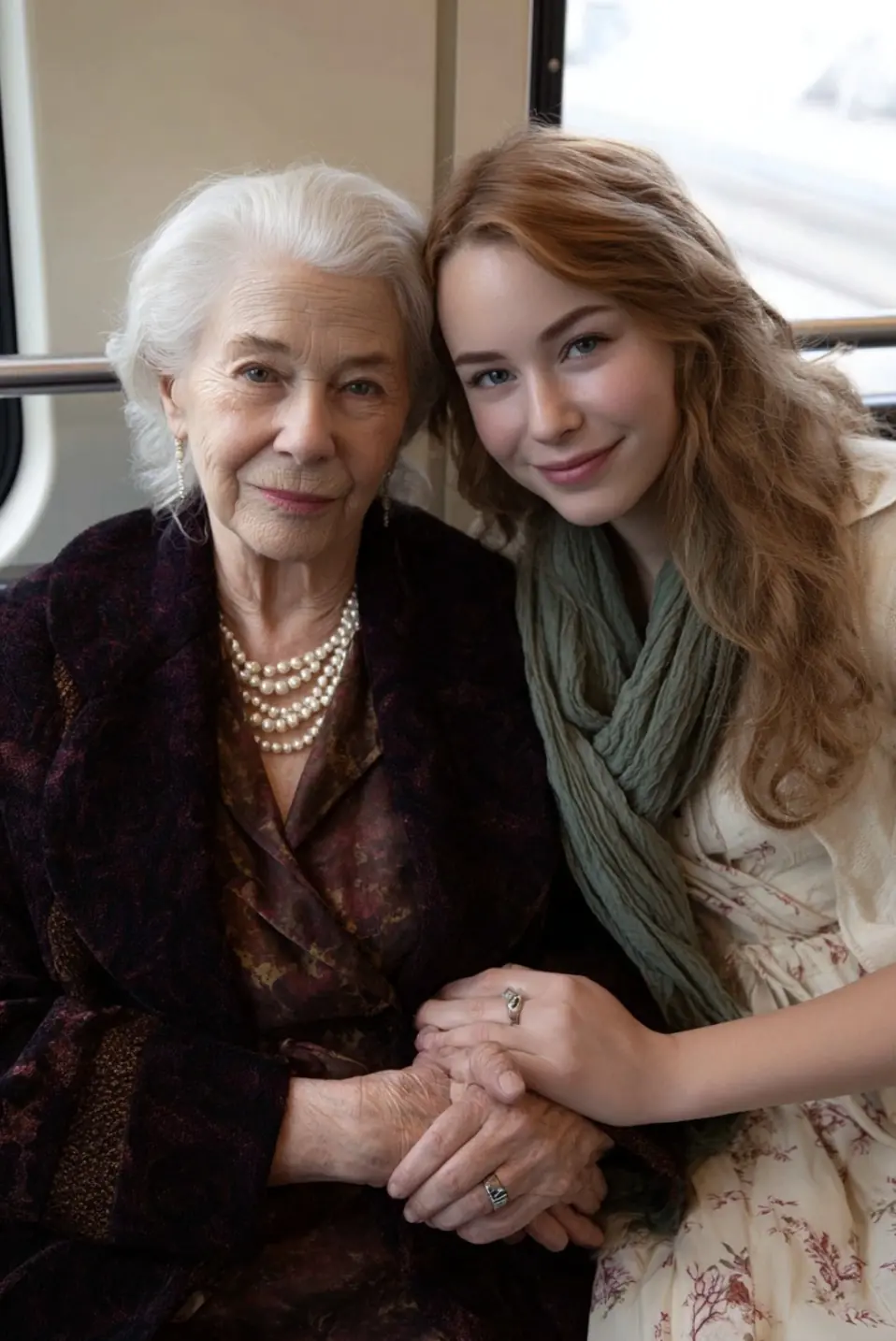
Rushing home along UDO Street, she gave up her seat on the bus to an elderly woman. But as soon as icy fingers grasped her wrist…
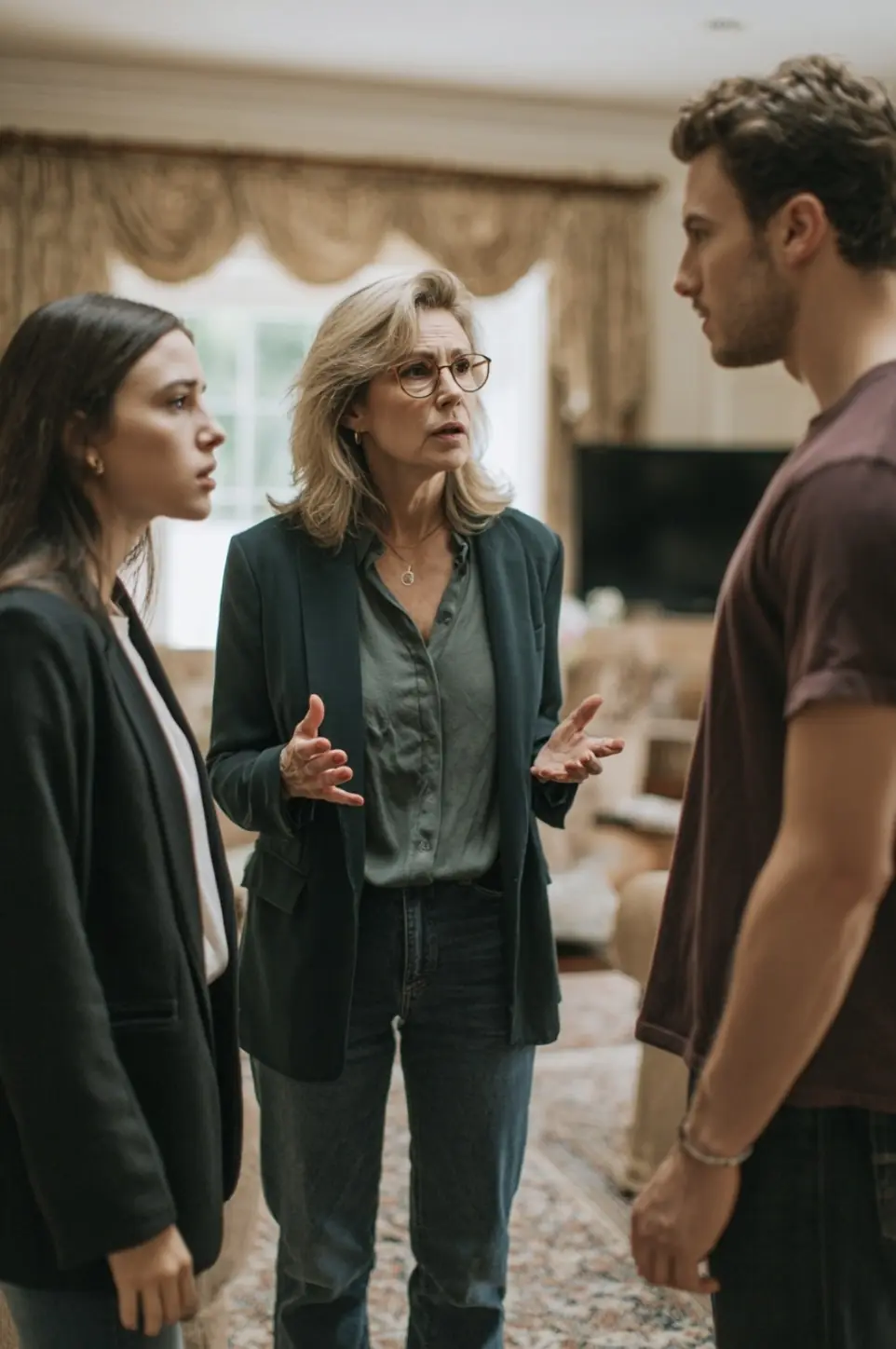
“Don’t you dare humiliate her!” — the mother-in-law stood between us for the first time in her life.
News Post

He invited me to his wedding to humiliate me. He didn’t know it would become my best day.

Men’s Vitality Tonic: The Bold Health Boost from Ginger and Pineapple

After throwing his wife out, the husband laughed that all she got was the old refrigerator. He had no idea it had a double wall.

How I Exp0sed My Husband’s Li es: A Cheating Anniversary He'll Never Forget

“So you’re going to support your sister and live at my expense? And you’ll also demand reports on every single thing I spend? Haven’t you gotten a bit too brazen, my dear? You won’t see another kopeck of my money!”

She got pregnant early—at sixteen. It came to light by accident: during a routine school medical exam, the girl flatly refused to go in to the gynecologist, and the teacher informed her parents.

— You yelled at my son again for making noise? He’s MY child and this is MY apartment! Pack your things — your “discipline” ends here!

Mugwort Plant: Benefits, Properties, and Uses
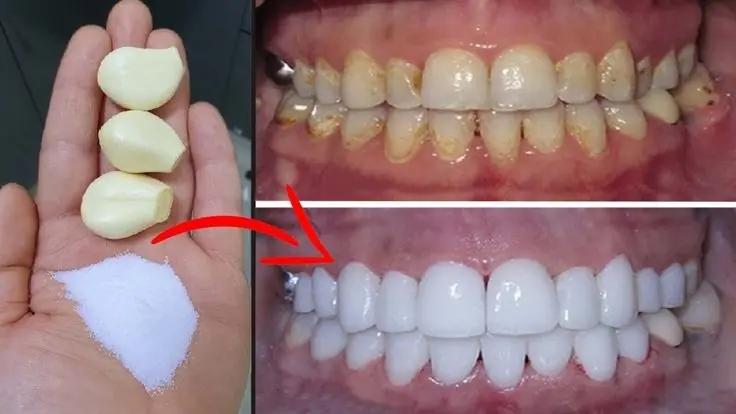
Secret that Dentists don't want you to know: Remove Tartar and Teeth Whitening in just 2 minutes

Nastya laid a plane ticket down in front of her husband. — “What’s this?” Boris asked in surprise.

I gave my fiancé the keys to my apartment. I came home from work, and his mother and sister were unpacking their things.

My husband went to visit his “sick” parents, so I decided to surprise him and come without warning…

At a family dinner, I silently wrote one word on a napkin and handed it to my son. He turned pale and immediately led his wife away from the table.

The #1 Enemy of Your Thyroid: Stop Eating This Food Immediately!
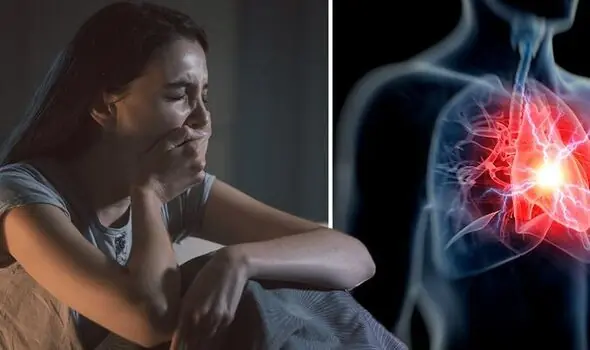
7 Warning Signs of a Heart Attack You Can Spot Up to a Month Before—And the One Deadly Sign You Must Never Ignore

This Food Helps Activate Your Body’s Stem Cells So It Can Repair Itself Naturally

These 4 Herbs Can Protect Your Brain From Alzheimer’s, Depression, Anxiety & Much More

The Animal You See First Reveals Your Anger Trigger
